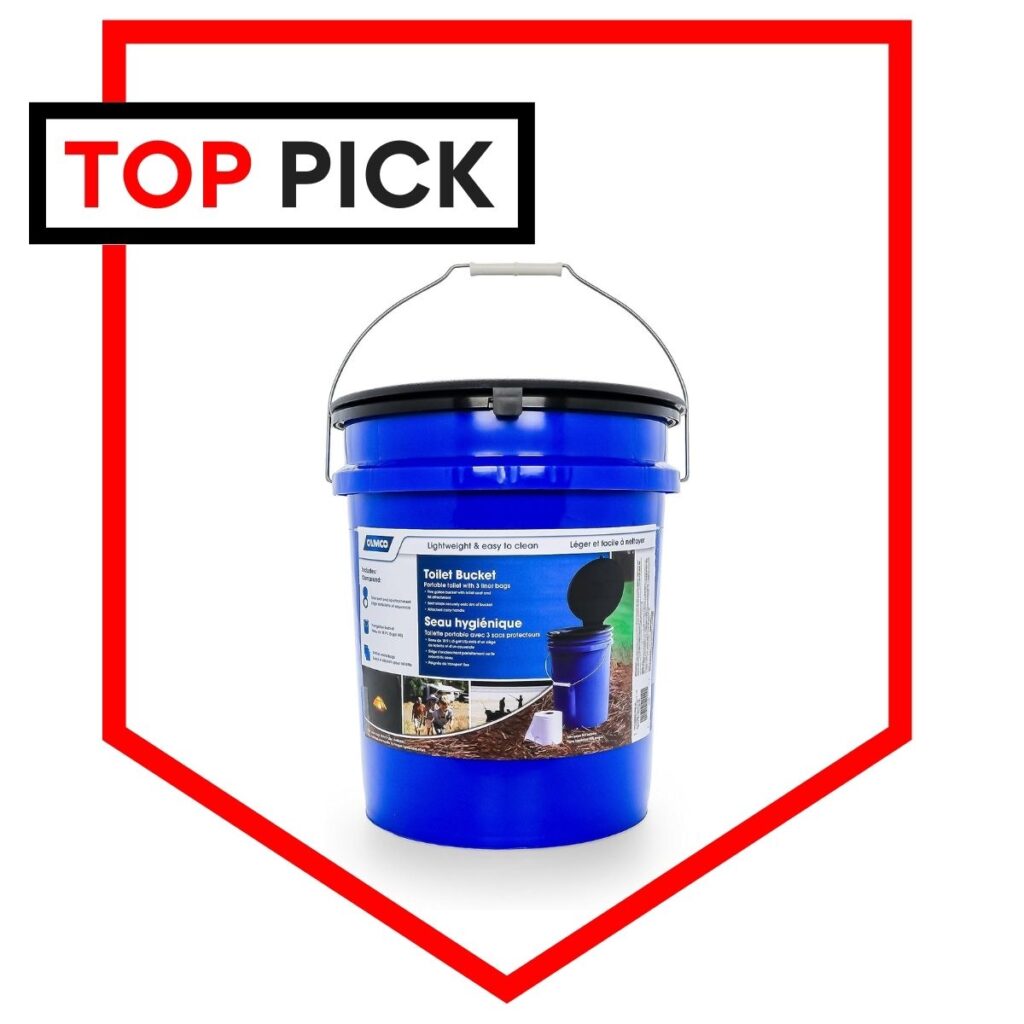
Waste management is an essential aspect of emergency preparedness that is often overlooked. Whether it's a clogged toilet, a backed-up septic system, or simply the absence of a functional toilet, dealing with human waste in an emergency situation can be a major challenge. In this article, we will explore various waste sanitation methods and their importance for survival.
Why Sanitation is Important for Survival
Proper waste sanitation is crucial for maintaining hygiene and preventing the spread of diseases in emergency situations. When sewage systems are disrupted or unavailable, waste can accumulate rapidly, posing serious health risks. It is essential to have a plan in place to effectively manage human waste and minimize the potential for contamination.
Do Not Use Bleach
While bleach may seem like an effective solution for disinfecting waste, it can actually be harmful to the environment and human health. Bleach can kill beneficial bacteria in septic systems and contaminate water sources. It is best to avoid using bleach and opt for alternative waste management methods.
Grey Water is Great Water
Grey water refers to wastewater from sources other than toilets, such as sinks, showers, and laundry. In emergency situations, grey water can be safely reused for purposes like flushing toilets or irrigating plants. Implementing a grey water system can help conserve water and reduce the strain on sanitation resources.
Get a Bucket Toilet
A bucket toilet is a simple and cost-effective solution for waste management in emergencies. It consists of a sturdy bucket with a tight-fitting lid and a seat. When nature calls, the bucket can be used as a temporary toilet. To minimize odors and prevent the spread of bacteria, it is important to add a layer of sawdust, ash, or cat litter after each use.
Cat Holes
In outdoor or wilderness settings, cat holes can be an effective way to dispose of human waste. A cat hole is a small hole dug in the ground away from water sources and campsites. After use, the hole can be covered with soil, ensuring proper waste containment and reducing the risk of contamination.
Composting Toilets
Composting toilets are a sustainable and eco-friendly option for waste management. These toilets convert human waste into compost through a natural decomposition process. They are odorless, require little to no water, and produce nutrient-rich compost that can be used in gardening. Composting toilets are a long-term solution for waste sanitation, making them ideal for survival situations.
Night Soil
Night soil refers to human waste that is collected and used as fertilizer. While it may not be a common practice in modern society, night soil has been used for centuries in agriculture. In survival situations, night soil can be an effective method of waste management, as it utilizes a valuable resource and minimizes waste accumulation.

Out the Window
In extreme emergency situations where no other options are available, the “out the window” method can be employed as a last resort. This method involves disposing of waste outside of windows or in designated areas away from living spaces. While not ideal, it can be a temporary solution until proper waste management resources are accessible.
Toilet Paper
Toilet paper is a crucial item to include in your emergency preparedness kit. In the absence of functioning toilets, toilet paper can be used with alternative waste management methods like bucket toilets or cat holes. It is important to stock up on an ample supply of toilet paper to ensure proper hygiene and waste containment.
Another Option: Bidets
Bidets are becoming increasingly popular as an alternative to traditional toilet paper. These devices use water to cleanse after using the toilet, reducing the need for excessive toilet paper usage. In emergency situations, bidets can be a hygienic and water-efficient option for waste management.
The Final Word
Waste management is a critical aspect of emergency preparedness that should not be overlooked. Implementing proper waste sanitation methods can safeguard your health and improve your chances of survival in challenging situations. Whether it's using a bucket toilet, practicing composting, or exploring alternative options like bidets, being prepared for waste management is essential. Remember to prioritize hygiene and stay safe.
Don't forget to check out our other helpful gear reviews and guides:
- Best Off-Grid Shower Options
- Best Wet Wipes for Survival Hygiene
- Home Survival Kit Guide, Gear List, and Checklist
Keep exploring, stay prepared, and be safe.
Thanks for subscribing, reading, and welcome to the club.
—————————————————————————————————————————————————————————————–
By: Rusty Collins
Title: Waste Sanitation for Emergencies and Survival
Sourced From: www.trueprepper.com/waste-sanitation/
Published Date: Sat, 18 Nov 2023 12:26:23 +0000


